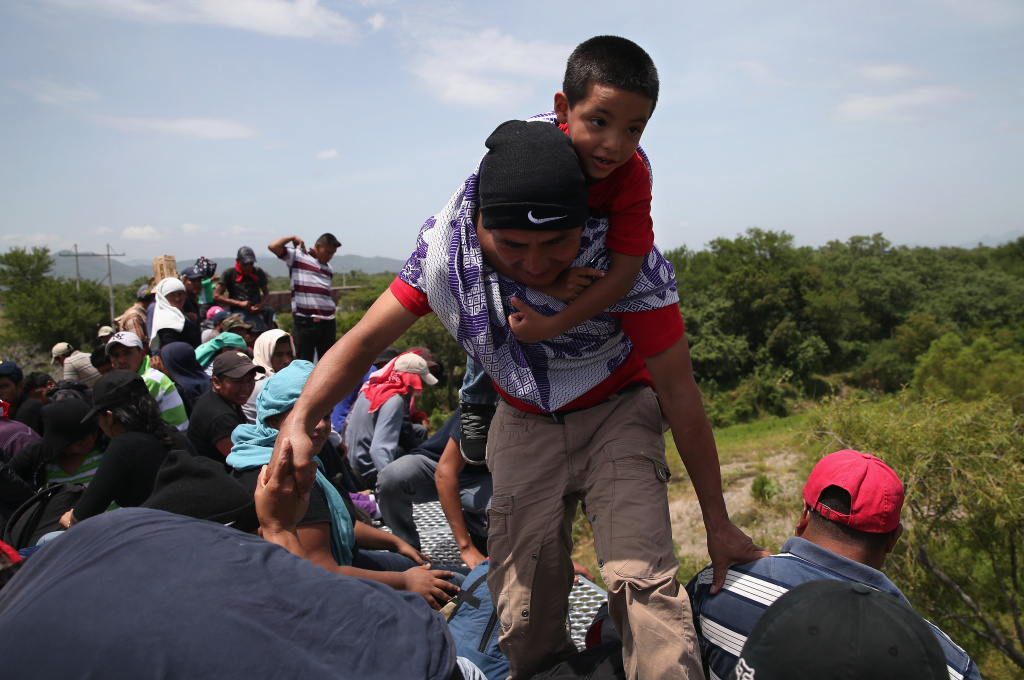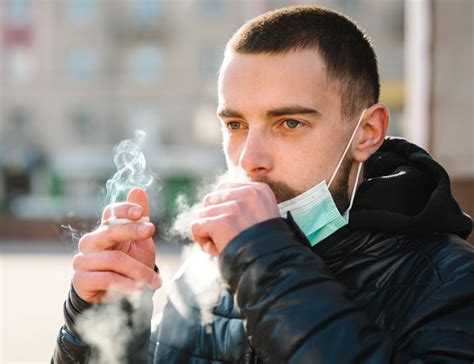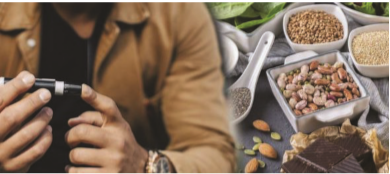Testimonies tell of human rights violations but their contents have been kept under wraps
by Mexico News Daily
The National Human Rights Commission (CNDH) has covered up crimes against migrants including murder, torture, mass kidnappings and rape, according to an investigation by a digital newspaper.
Animal Político reported that between September 2019 and February 2020, the CNDH drew up 32 documents containing migrants’ testimonies of a range of crimes committed against them. Some of the victims were women, teenagers and children, said the news website, which obtained some of the documents.
According to migrants who spoke with the CNDH, members of organized crime gangs as well as state and federal police were involved in the offenses.
Animal Político said it had access to testimonies collected by the CNDH at six government-run migrant stations and 12 shelters operated by civil society organizations located in the north, south and center of the country.
CNDH officials, including commission chief Rosario Piedra Ibarra, have full knowledge of the crimes, Animal Político said.
However, the commission has not publicly disclosed or commented on the testimonies it has gathered.
“It hasn’t done so in press releases, in recommendations or in a special report,” Animal Político said. “It didn’t even make mention of a single case of the kidnapping of migrants in the first report of activities with Rosario Piedra at the head of the CNDH.”
The newspaper said the CNDH has classified some of the testimonies as “reserved” information, arguing that revealing them would place migrants’ lives at risk. However, the testimonies are anonymous – they don’t include the names or addresses of the victims or other information that could be used to identify them apart from their nationality and when and where a crime was committed against them.
“While the CNDH reserves information, President Andrés Manuel López Obrador insists that under his administration, ‘the human rights of migrants are no longer violated.’ But the testimonies kept secret by the autonomous body contradict him,” Animal Político said.
The newspaper said it has asked the CNDH on four occasions to explain why it hasn’t made details of the crimes committed against migrants public. In response the rights commission sent 44 press releases listing recommendations for the defense of migrants’ rights but didn’t explain why it hasn’t released the testimonies or publicly commented on them.
In a document sent to the news organization on Monday, the CNDH defended its work to protect migrants in Mexico and said it was conducting an analysis to “evaluate the institutional capacities of the Mexican state to comply with [their] rights.”
However, the rights commission again failed to explain why it hasn’t disclosed the testimonies.
Animal Político did, however, publish some of the CNDH testimonies it obtained. Following are summaries of two of them.
- A Honduran woman explained that she left her home in 2019 because she was pregnant and a “gangbanger” with whom she lived had “sold” her unborn baby. She said that she reached Mexico and was passing through the San Luis Potosí municipality of Vanegas when local police boarded a truck she was traveling in and stole her money.
She said she was forced to go with a group of men in dark uniforms and was taken to a place where there were eight other women. “I knew that it was a kidnapping because they forced us to speak to our families and ask for money … [to spare] our lives,” she said.
The woman said that she and the other abductees were repeatedly raped, beaten and stabbed. “They killed some of the women in front of me. They treated us as if we were their erotic toys,” she said.
“… Because of their weapons and the codes they used to speak, I can almost guarantee that those who kidnapped me were police. I left there completely lost, humiliated, beaten, swollen and demoralized. I had to go into a victim protection program. It’s taken me a long time to recover my life. … I lived very bad experiences in Mexico. My daughter had to be born in Mexico, she was born healthy thanks to the care they gave me in the [migrant] shelter.”
The woman gave her testimony to the CNDH in October 2019 in Santa Catarina, Nuevo León.
- A Guatemalan man said that he entered Mexico via the southern border in February 2019 with 50 other migrants and a pollero, or people smuggler. He said he was traveling north in a truck that suddenly stopped in Altamira, Tamaulipas.
“They opened the doors and a lot of armed men appeared. They took us off and put us in another truck without a roof, one of those that transports cattle. There were about 70 men in mine, everyone crowded together,” he said.
They traveled for six hours to reach the northern border city of Matamoros where the migrants were stripped of their phones and money and locked up in small houses, he said.
“There were about 75 of us per house. … They told us that they were going to cross us [into the United States] but they wanted US $5,500 for each person. I think they were from the Gulf Cartel, very violent people, well armed and with bulletproof vests, caps and balaclavas,” he said.
The man said that he and the others were rescued by the navy but their captors got away. He said he was subsequently sent to a migrant detention center in Tapachula, Chiapas, where the staff welcomed him with the words “welcome to hell.”
He said he was deported to Guatemala in March 2019 but he crossed into Mexico again in September that year – three months after the federal government deployed the National Guard to stop the flow of migrants to the United States. The man said he was detained again and placed in a migrant station to await deportation.
“It’s difficult to cross Mexico. You leave a lot of money here but you still can’t get to your destination,” he said.
The man spoke to the CNDH in Huixtla, Chiapas, in September 2019.
In response to the revelation that the CNDH is concealing information, Interior Minister Olga Sánchez said Wednesday that the commission must be accountable and transparent.
“I would hope that … the CNDH, which is a very prestigious institution, continues to be transparent and doesn’t hide information,” she said, adding that it should denounce rights violations and make recommendations so the authorities can respond to them.
With regard to the migrants’ testimonies, Sánchez said: “If we don’t acknowledge that these [human rights] violations exist, … we can’t make progress on the issue. These violations of migrants’ human rights are absolutely unacceptable and any complaint … in relation to any of our migration personnel, police, or any government authorities violating human rights [must be given to the government]. We have to have the CNDH investigations in order to proceed accordingly.”
The rights commission has previously been accused of failing to defend women’s rights, and its Mexico City headquarters were taken over and occupied by a feminist collective last September.
Source: Animal Político (sp)







